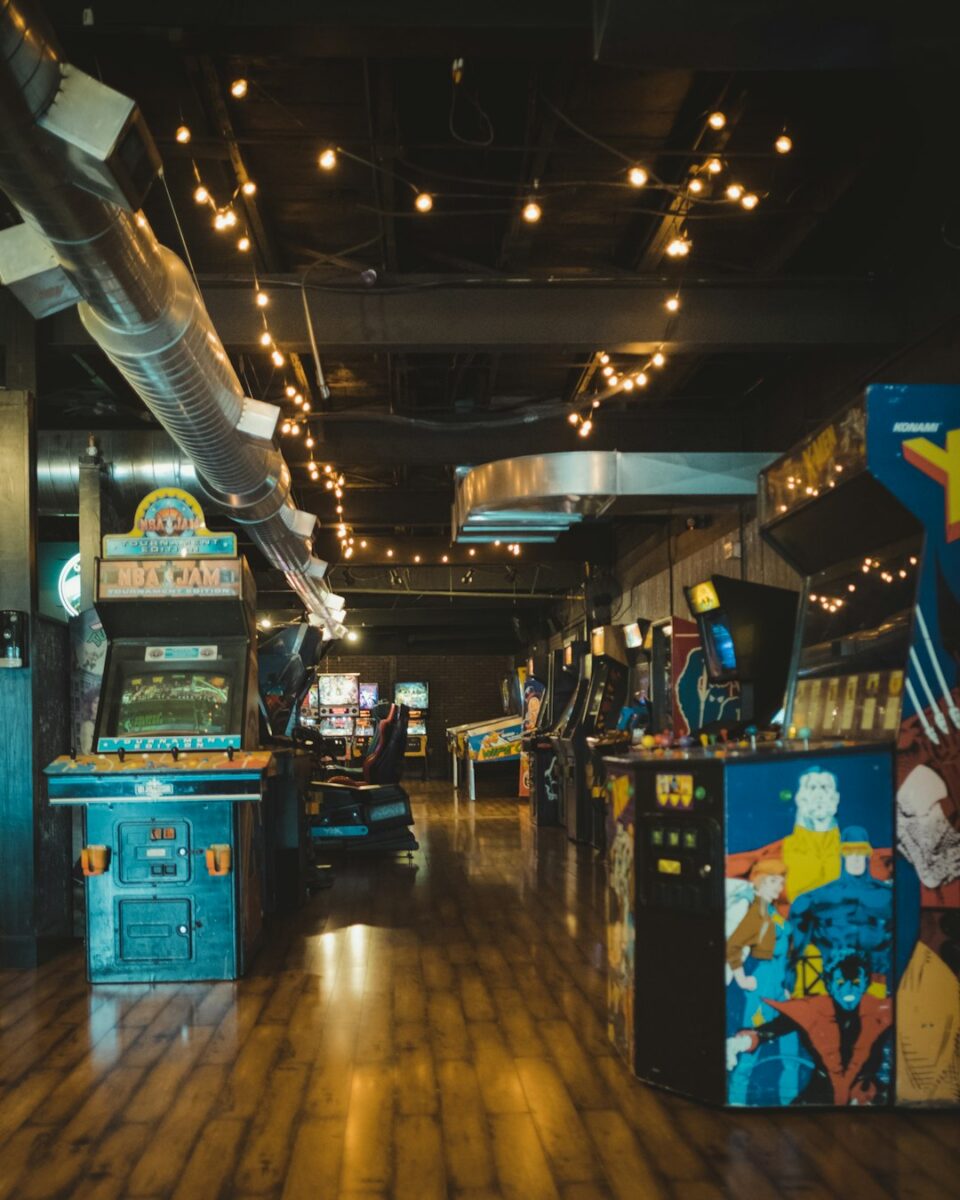The impact of social media on gaming culture
In recent years, social media has become a dominant force in shaping the way we communicate, interact, and consume media. With the rise of platforms like Facebook, Twitter, Instagram, and YouTube, people all over the world are now able to connect with each other in new and exciting ways. One area that has been significantly influenced by the rise of social media is gaming culture.
Gaming has always been a popular pastime, with millions of people around the world playing video games on consoles, computers, and mobile devices. However, the advent of social media has revolutionized the way gamers connect with each other, share experiences, and engage with their favorite games.
One of the most significant impacts of social media on gaming culture is the way it has facilitated the creation of online communities. In the past, gamers would often have to rely on forums, chat rooms, and other online platforms to connect with like-minded individuals. Now, platforms like Discord, Reddit, and Twitch have made it easier than ever for gamers to find and engage with other players who share their interests.
These online communities have become a central aspect of gaming culture, providing a space for gamers to discuss strategies, share tips and tricks, and even form friendships with people from all over the world. This has not only helped to foster a sense of camaraderie among gamers but has also made gaming a more social and interactive experience.
Social media has also had a profound impact on the way games are marketed and promoted. In the past, game developers and publishers would rely on traditional forms of advertising, such as print, television, and online banner ads, to promote their games. Now, platforms like Twitter, Facebook, and Instagram have become essential tools for reaching out to gamers and building hype around new releases.
Game developers now have the ability to create and share trailers, gameplay footage, and other promotional materials directly with their audience, bypassing traditional media channels altogether. This has not only allowed developers to build a more direct relationship with their fans but has also given gamers a more intimate look at the games they love.
One of the most significant ways social media has impacted gaming culture is through the rise of gaming influencers and content creators. Platforms like YouTube and Twitch have allowed gamers to share their gameplay experiences with a global audience, building dedicated followings and even turning gaming into a full-time career.
These influencers have become essential tastemakers within the gaming community, with the power to influence purchasing decisions, shape trends, and even influence the development of new games. Many game developers now work closely with influencers to promote their games, creating a symbiotic relationship that benefits both parties.
Social media has also played a role in shaping the way gamers engage with the industry as a whole. Platforms like Twitter have become essential tools for gamers to voice their opinions, offer feedback, and even connect with developers directly. This has helped to create a more inclusive and responsive gaming community, where players have a direct line of communication with the people behind the games they love.
Of course, social media is not without its drawbacks when it comes to gaming culture. The rise of toxic behavior, harassment, and abuse within online gaming communities has been a significant and ongoing issue. Platforms like Twitter and Facebook have come under fire for failing to address these issues effectively, leading to calls for greater regulation and oversight.
Despite these challenges, the overall impact of social media on gaming culture has been overwhelmingly positive. The ability to connect with other gamers, share experiences, and engage with game developers has made gaming a more social, interactive, and inclusive experience than ever before. As social media continues to evolve, it will be fascinating to see how it shapes the future of gaming culture in the years to come.


